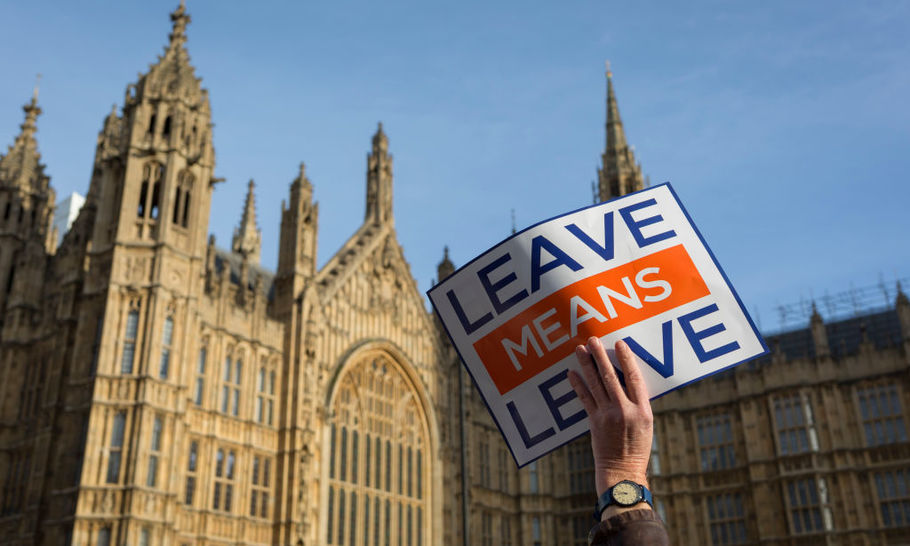Time is running out in Westminster, and the gloves are coming off

The decision made by the EU27 behind closed doors last night may just have been the worst possible outcome of the evening for our embattled prime minister. If Macron had got his way and Britain had been denied a Brexit extension altogether, at least all further decisions would have been out of Theresa May’s hands. Either her deal would have got through the Commons (with Remainer MPs withering at the very real spectre of No Deal), or else it would have failed to do so – in which case she could have held up her hands, told the country she had done her best with the implacable EU, and presided over an unavoidable managed no deal.
Instead, Mrs May has been given a longer noose with which to hang herself: an unconditional extension until April 12 to “indicate a way forward”, and – if her deal is passed – an extra six weeks (until May 22) to pass the legislation that would implement Brexit.
Given that MPs are still reeling at the prime minister’s exceptionally poorly judged speech on Wednesday night, the chances of “Meaningful Vote 3” getting through the Commons now look vanishingly slim. So, what next?
An amendment tabled by Oliver Letwin which would enable backbenchers to take control of Parliamentary business will be voted on on Monday. A similar amendment tabled by Yvette Cooper in January failed by 23 votes, and a revived push at it from Hilary Benn fell last week by only two. It is very hard to believe that it will not be successful in some form a third time, especially with influential Remainer ministers aggressively pushing for a free vote.
If this once in a lifetime reconfiguration of British political systems happens, MPs will push for a series of votes on different versions of Brexit – the “Norway” model, another referendum, Labour’s version of Brexit with a customs union, the list goes on. It’s impossible to say what the outcome would be, but many believe that a soft Brexit (of some description) has a good chance of securing a Commons majority.
The government does have the option of jumping before it is pushed, and might decide to preempt the Letwin amendment by offering the Commons indicative votes of its own accord. But if Number 10 calculates that a softer Brexit is the most likely outcome, this seems unlikely: as we saw on Wednesday, May is deeply reluctant to push on the fracture lines in the Tory party, and presiding over a soft Brexit would do just that.
And, incredibly, it’s still not possible to rule out No Deal. If MPs vote down the Letwin amendment on Monday, May could choose to put MV3 to the Commons one last time, and – when it inevitably fails – decide simply to embrace the prospect of a no deal Brexit on 12th April. As a cautious remainer, it wouldn’t be an attractive choice for her, but she cares deeply about the Conservative Party, and may decide to take the risk for the sake of Party unity.
In short, more than 1000 days after the UK voted to leave the UK, we are in practice very little nearer to knowing what that vote actually means. And, very worryingly indeed, the worst of the Westminster drama may well be still to come…





